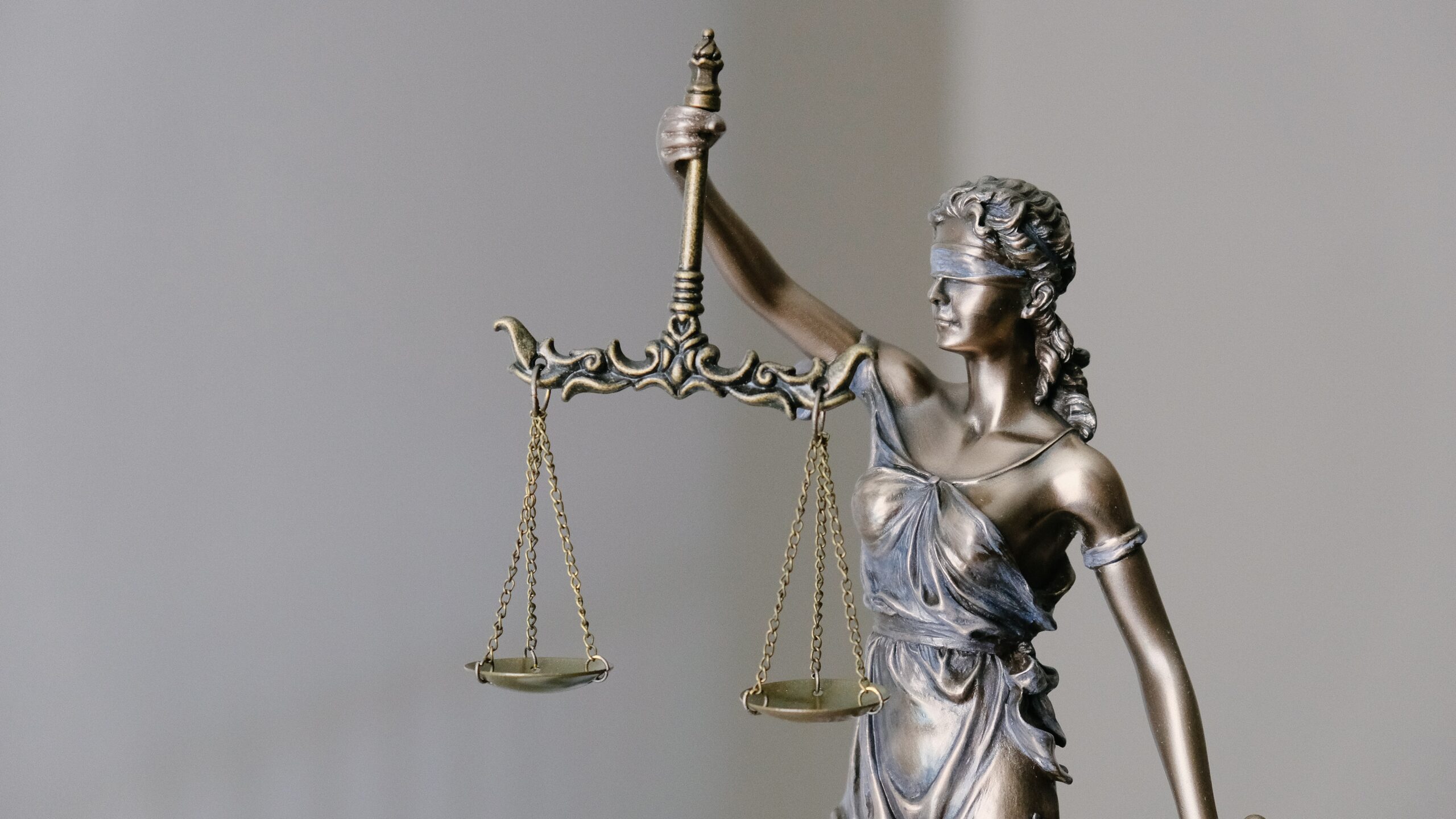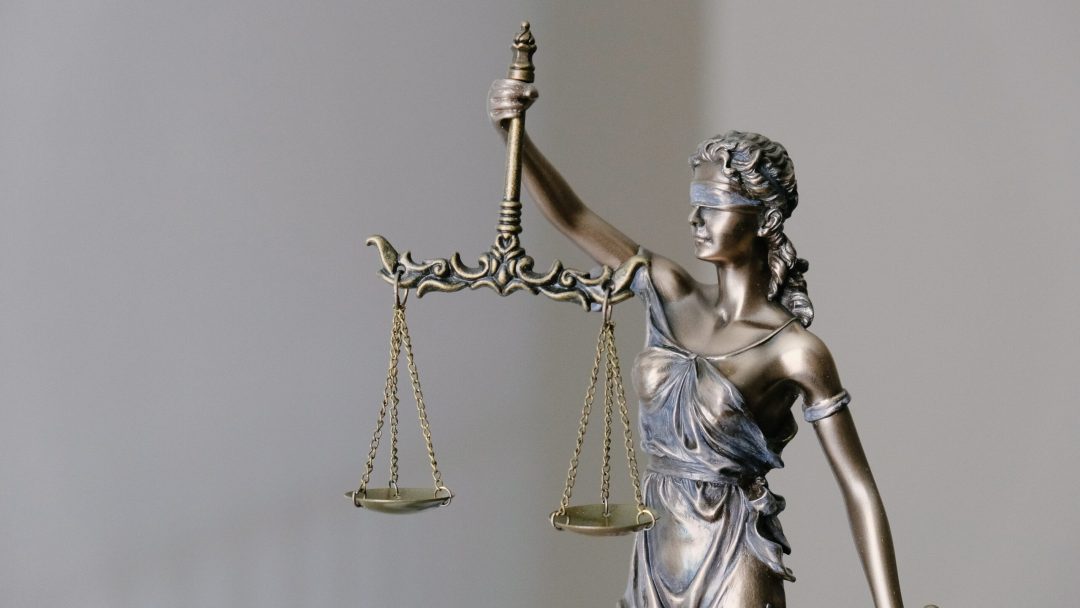
https://www.independent.co.uk/news/lawyers-urge-icc-to-probe-alleged-crimes-against-uyghurs-uyghurs-icc-chinese-lawyers-tajikistan-b1863223.html
Embargoed until 00.01 GMT+2 June 10th 2021
Evidence establishing ICC jurisdiction over crimes committed against Uyghurs by Chinese Authorities submitted to ICC Prosecutor
OVERVIEW
After an extensive and in depth investigation, a new dossier of evidence establishing that the International Criminal Court (ICC) has jurisdiction to investigate allegations of genocide and crimes against humanity being committed against Uyghurs by Chinese authorities is to be presented to the Office of the Prosecutor (OTP) on June 10th 2021. This evidence is being submitted after the OTP released its annual report in December 2020, indicating that more evidence to establish jurisdiction was required.
At the time, the lawyers acting for the Uyghur victims explained that an investigation was underway to gather such evidence which would be submitted to the ICC shortly. This investigation has now been undertaken in several countries including Tajikistan, which is an ICC State Party.
The evidence is submitted to the OTP by Rodney Dixon QC who leads a team of lawyers acting on behalf the East Turkistan Government in Exile (ETGE) and the East Turkistan National Awakening Movement (ETNAM), and the countless victims who they represent. They previously submitted a Complaint to the OTP on 6 July 2020 requesting that the ICC open an investigation.
The evidence now gathered shows that Uyghurs have been targeted, rounded up, forcibly disappeared and deported from Tajikistan back into occupied East Turkistan/Xinjiang by Chinese operatives. Chinese authorities have directly intervened in Tajikistan. The ICC therefore has jurisdiction over these actions which start in Tajikistan and continue into China, and the OTP is requested to open an ICC investigation without delay. More evidence will be presented in the coming months to the OTP as the investigation is on-going.
ICC JURISDICTION
Although China is not a signatory to the Rome Statute, the Court is able to exercise jurisdiction over the crimes being committed against Uyghurs because part of the criminal conduct occurred within the territory of two State Parties to the Rome Statute, namely Tajikistan and Cambodia, and then continued to occur in China.
In particular, Uyghur victims have been unlawfully deported into occupied East Turkistan/Xinjiang from Tajikistan and Cambodia and then subjected to crimes together with many other Uyghurs detained there including murder, forced imprisonment, torture, forced birth control and sterilization, rape, and forced marriages. Uyghurs in Tajikistan especially have been subjected to very strict controls through the local Chinese Consulates and have been rounded up, forcibly disappeared and deported back into China. They have not been heard from again. No other ethnicities or groupings have been targeted and deported in this way.
This is the first complaint concerning the Uyghurs submitted before the ICC. It is the only way that Chinese officials can be criminally investigated and prosecuted at the international level for the widespread and systematic abuses committed against Uyghur people. Although China is not a signatory to the Rome Statute, the decisions of ICC Pre-Trial Chambers I and III of 6 September 2018 and 14 November 2019 respectively (decisions related to Bangladesh and Myanmar in respect of the Rohingya people), confirmed that the Court can exercise jurisdiction over international crimes under Article 12(2)(a) of the Statute when part of the criminal conduct takes place on the territory of a State Party to the Rome Statute. Continuing crimes that take place in part on the territory of an ICC State Party can come within the jurisdiction of the Court and can be investigated. The ICC has jurisdiction in the Uyghur case because Uyghurs have been targeted and arrested in ICC States Parties, namely Tajikistan and Cambodia, and forcibly taken into China and persecuted or have disappeared, or have been coerced out of China into ICC States Parties.
THE NEW EVIDENCE
The evidence was gathered through obtaining witness testimonies and an on-the-ground investigation in various countries including Tajikistan. None of the witnesses can be named at present for safety and security reasons. The key findings of the investigation based on the evidence gathered, are the following:
- Over the past 10-15 years the number of Uyghurs living in Tajikistan has been reduced from an estimated 3000 to approximately 100. This drastic and notable reduction in the numbers of Uyghurs in Tajikistan largely occurred in the years from 2016 to 2018. On the evidence, this constitutes, at a minimum, an 85-90% reduction of the Uyghur population in Tajikistan over this time period.
- Chinese authorities are responsible for this reduction in Uyghur numbers as part of their campaign to target, round up, detain and deport Uyghurs. They employ two primary methods to do this:
a. Uyghurs living in Tajikistan are coerced into returning through the exploitation of family ties. Chinese authorities threaten family members in East Turkistan with detention based on having “foreign contacts”. The Uyghur expats in Tajikistan then receive a series of increasingly urgent phone calls from the family, imploring them to come home, “just to check in,” or to “help the family.” In some cases they are explicitly threatened by the authorities that family members will be detained if they do not return. These accounts of coercion of Uyghur expats are consistent with other publicly available evidence and statements from Uyghurs living in both in ICC member States and non-member States.
b. The local Chinese Consulate in Tajikistan have complete control over the Uyghurs’ paperwork and they purposely delay the granting of visas, work permits and other documentation which the Uyghurs need to live in Tajikistan. The Chinese Public Security Bureau operatives who are present and operate in Tajikistan, then direct the carrying out of raids especially on the Bazaars where the Uyghurs work, and direct local Tajik police to detain all the Uyghurs who do not have the ‘correct’ paperwork. There is evidence, for example, that an entire Bazaar was raided and blocked off until all the Uyghurs working there were seized. These detained Uyghurs then get deported by Chinese officials back into China in small groups of around 10 at a time. The deportation groups are purposely kept small to avoid attention. - There is also evidence that Uyghurs have disappeared randomly and have not been heard from again. The very few Uyghurs who have remained in Tajikistan are completely controlled by the Chinese Consulate and have weekly meetings with informers who then report back to the Consulate. This has also created a toxic environment amongst the few Uyghurs who have been able to remain as there is significant mistrust amongst them. They could disappear at any time. The Chinese Consulate also uses a system of punishment and rewards to keep the few remaining Uyghurs underid that this is because of Coronavirus controls however the border has been closed to stop Uyghurs from fleeing out of China. The border fence is made up of 3 layers of barbed wire fencing with Chinese flags and surveillance cameras at regular intervals, and is patrolled. In particular:
- a. The ‘Kulma Pass’, the main thoroughfare between the two countries, is closed to Tajik truckers but Chinese truckers are sometimes allowed to cross carrying goods.
- b. The Chinese-constructed border fence is now well within Tajikistan’s territory, and a brand new Chinese military base has been constructed within Tajik territory, specifically around the Rangkul area of Tajikistan. This is in addition to their already- existing base in Badakshan.China has a very strong influence over Tajikistan cultivated through economic reliance on China. Specifically, there are a growing number of Chinese loans which Tajikistan has yet to begin repayment.
- Conclusion
- Through the actions of Chinese authorities in Tajikistan – an ICC State Party – it is clear that the ICC does have jurisdiction to open an investigation.
This is because
(i) Chinese officials have committed unlawful acts, including arrests, enforced
disappearances, abductions and deportations, on the territories of ICC States Parties, in
particular in Tajikistan, and
(ii) these arrests, enforced disappearances, abductions and deportations form the first step
of a continuum of alleged criminal conduct amounting to genocide and crimes against humanity which continue within occupied East Turkistan/Xinjiang. The victims must first be arrested and deported from outside to then be persecuted in China. Where there is such continuity between the first element of the crime of genocide and crimes against humanity, (the arrests, enforced disappearances, abductions and deportations), and what happens upon return to China, the Court can exercise jurisdiction over the whole of the crime because part of the criminal conduct occurred on the territories of States Parties to the ICC Statute.
The same pattern of coercive conduct is also demonstrated by the publicly available evidence of China’s actions in relation to Uyghurs living in numerous other ICC Member States and non-Member States. - China has a very strong influence over Tajikistan cultivated through economic reliance on China. Specifically, there are a growing number of Chinese loans on which Tajikistan has yet to begin repayment.
- CONCLUSIONS
- Based on this new dossier of evidence presented to the ICC Prosecutor, showing the actions of Chinese authorities in Tajikistan – an ICC State Party – it is clear that the ICC does have jurisdiction to open an investigation.
- ———————————————————————- For any questions or to arrange an interview please email Nikita Bernardi: [email protected]
————————————————————————————————————————–


